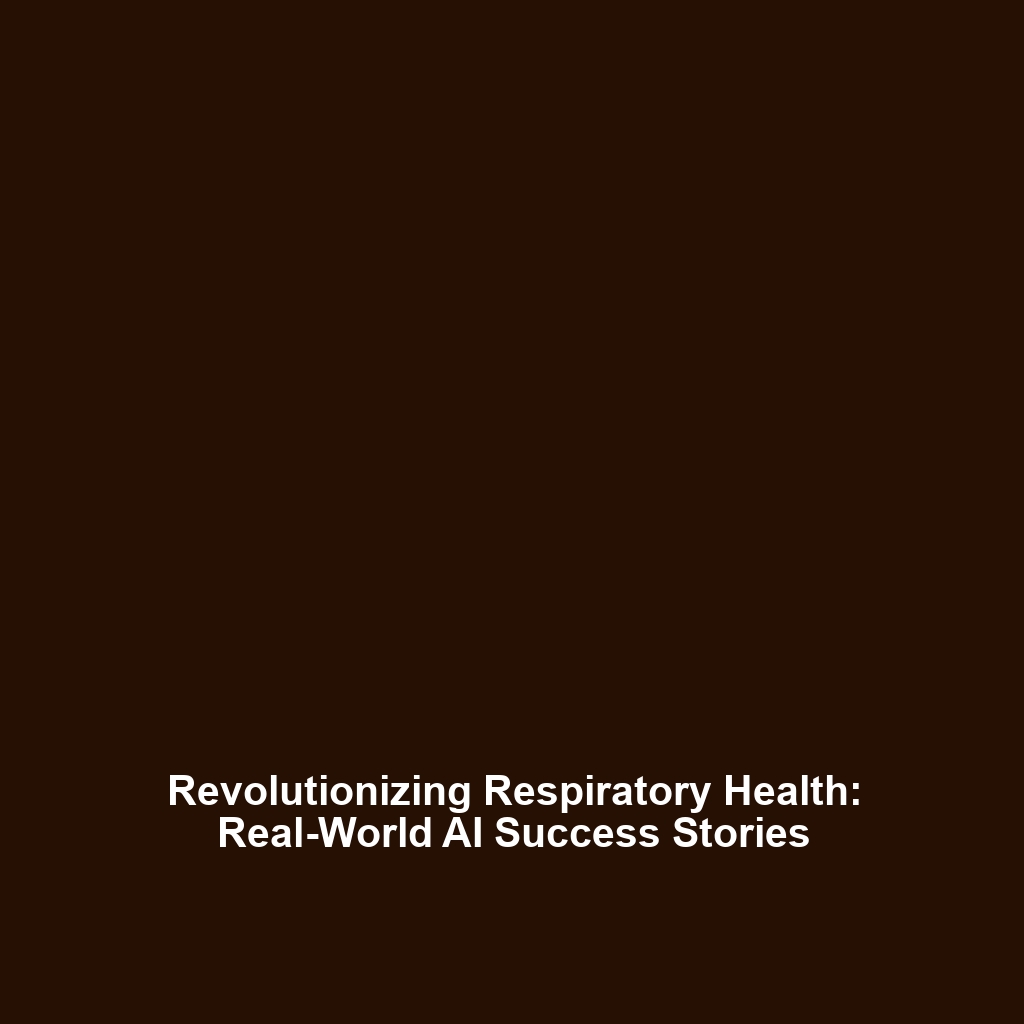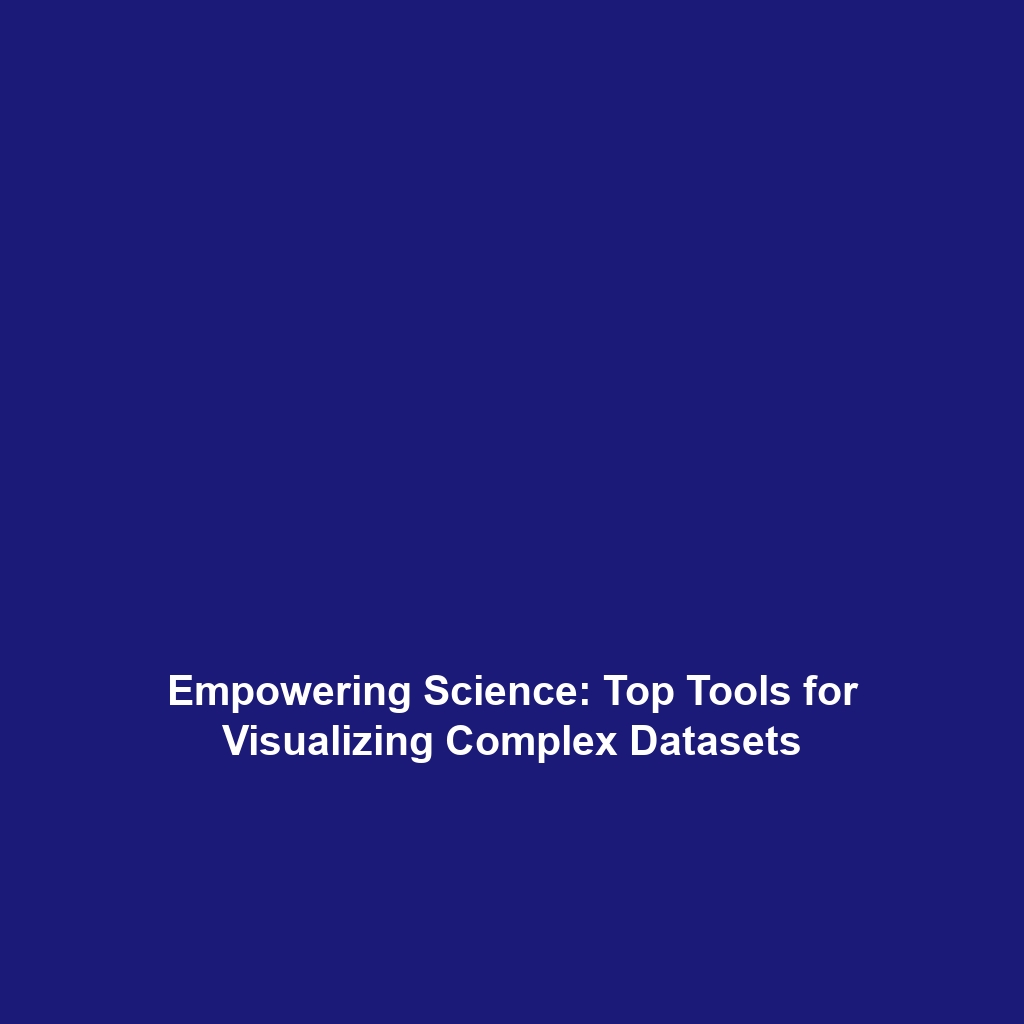Accelerating Drug Discovery: How AI Reduces the Time and Cost of Drug Development
Introduction: The integration of Artificial Intelligence (AI) in healthcare is revolutionizing various sectors, with drug discovery being one of the most significant. Accelerating drug discovery is crucial in today’s fast-paced medical environment as it directly impacts patient access to new therapies. By leveraging machine learning algorithms and predictive analytics, AI is streamlining the drug development process, making it not only faster but also more cost-effective. This article explores the profound implications of AI on drug discovery, examining how it reduces development time and costs while improving therapeutic outcomes.
Key Concepts
Understanding the principles of AI in drug discovery involves several key concepts:
- Machine Learning: This is the backbone of AI technology, enabling systems to learn from data and improve over time without explicit programming. In drug discovery, machine learning algorithms assist in predicting molecular interactions and identifying potential drug candidates.
- Data Mining: The vast amounts of biological and chemical data available today can be analyzed using AI to uncover hidden relationships and patterns crucial for drug development.
- Predictive Modeling: AI employs predictive models to forecast the success rates of drug candidates before clinical trials, significantly reducing the number of late-stage failures.
Applications and Real-World Uses
The application of AI in accelerating drug discovery presents several transformative real-world uses:
- Target Identification: AI helps identify biological targets more accurately, reducing the time spent on the initial phases of drug discovery.
- Compound Screening: Virtual screening of compound libraries through AI algorithms can identify promising candidates for further development, minimizing resources used in traditional wet laboratory experiments.
- Clinical Trial Optimization: AI technologies streamline patient selection and recruitment processes for clinical trials, reducing overall costs and timeframes.
Examples of how AI is used in these applications demonstrate significant improvements in efficiency and cost-effectiveness, underscoring the growing role of AI in healthcare.
Current Challenges
Despite the immense potential, there are challenges in the field of drug discovery with AI:
- Data Quality: Ensuring high-quality data inputs is essential for effective machine learning; poor data can lead to misleading conclusions.
- Regulatory Hurdles: The pharmaceutical industry is heavily regulated, posing barriers to the adoption of AI solutions.
- Integration with Existing Processes: Aligning AI tools with traditional drug discovery pipelines can be a complex task.
Future Research and Innovations
The future of AI in drug discovery is promising, with ongoing research and innovations leading the way:
- Next-Gen Algorithms: Development of more sophisticated AI algorithms capable of understanding complex biological systems and predicting outcomes with greater accuracy.
- Synergy with Genomics: Combining AI with genomic data analysis to personalize drug discovery based on genetic profiles.
- Blockchain Technology: Incorporating blockchain to enhance data security and integrity during the drug development process.
Conclusion
In summary, accelerating drug discovery through AI is reshaping the pharmaceutical landscape by expediting processes and reducing costs. As AI technologies continue to evolve, their integration into the healthcare sector will likely grow, paving the way for innovative treatments that were previously unattainable. The healthcare community, stakeholders, and researchers should remain engaged with these advancements to fully harness their potential. For further reading on AI applications in healthcare, explore our articles on AI in Patient Care and AI in Medical Imaging.


